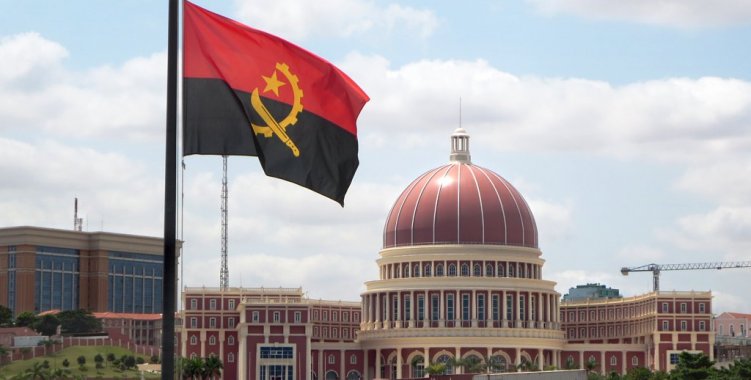The proposed Law to Amend the Labour Income Tax Code (IRT) was approved with 134 votes in favour of the parliamentary group of the Popular Movement for the Liberation of Angola (MPLA).
This proposed law, which is still under discussion in this speciality, has the fundamental objective, according to the Angolan Minister of Finance, Vera Daves de Sousa, "to make or unburden the tax burden on lower incomes, to maintain or maintain the tax burden on intermediate income levels and to introduce progressivity in higher incomes".
Vera Daves de Sousa underlined that there is room for improvement in the tax brackets, rates and figures, "no doubt the executive will be totally open and available for the work that can be done in the specialty to ensure that the final table meets that goal".
The legislative proposal foresees that the tax groups of IRT taxpayers will remain at the current three (A, B and C), but it is proposed to amend the scale of rates applicable to the income of employees, relieving the lowest incomes, maintaining the tax burden on intermediate income brackets and introducing more progressivity on the highest incomes.
Particular emphasis is also given to the reduction in the rate of income subject to withholding tax in Groups B and C, which falls from 15 percent to 6.5 percent, and on Group B's taxable income not subject to withholding tax, where the rate of 25 percent will now apply, against the rate of 30 percent currently in force.
In Group A, employees are taxed, in Group B the self-employed, professionals and corporate bodies of the companies, while the rules of Group C apply to individuals, who carry out the set of activities listed in the Minimum Profit Table, which is now part of the IRT code.
The holder of the Finance portfolio agreed with the Members' call for attention to the importance or need to generate jobs to ensure that citizens can have income to be taxed.
"We are in complete agreement, in fact we have tabled these proposals for legislative amendments as a package, precisely because we are aiming for this, we are not only talking about pursuing the objective of positive discrimination, of progressivity and with it redistribution of income, ensuring that those who earn more contribute more compared to those who earn less," she said.
Vera Daves de Sousa stressed that the executive is also "willing to sacrifice tax revenue, because that is what will happen".
"There will be a drop in tax revenue, because of the reduction in the general rate of industrial tax, we are willing to consent to this sacrifice (...) to allow companies to emerge and those that already exist to have greater liquidity, to see their businesses expanded and, with this, generate more jobs and those people who are unemployed will start contributing with IRT", she added.
Also part of the legislative package is the proposed Law to Amend the Industrial Tax Code, which contemplates a lightening of the tax burden, bringing the value of the Industrial Tax rate closer to what is practiced in the southern African region, whose average taxation is 27 percent.
In this bill, approved in general with 192 votes in favour, none against and seven abstentions, the executive proposes a rate of 25 percent, a measure that will imply "a loss of direct tax revenue to the state coffers", but will give companies greater financial health to reinvest their capital.
It is also proposed to reduce the rate in the agricultural sector from the current 15 per cent to 10 per cent, "as a mechanism to promote this sector".
In response to the concerns of the members of parliament, the government stressed that the current effort is "a short-term sacrifice for a long-term benefit, not only of job creation, not only of boosting economic activity, but also at the end of the day of increased tax collection".
"And that is a vision that is not short-sighted, that's for sure. The temptation to have an immediate vision is very great, at a time like the one we are living in of great treasury stress, when oil revenues are at a peak, our first temptation would be to raise taxes, but we are firmly resisting this temptation, because we understand that we have to focus on medium and long term benefits", he said.
This Friday's session also approved, with 192 votes in favour, none against and seven abstentions, the proposed revision of the General Tax Code.







